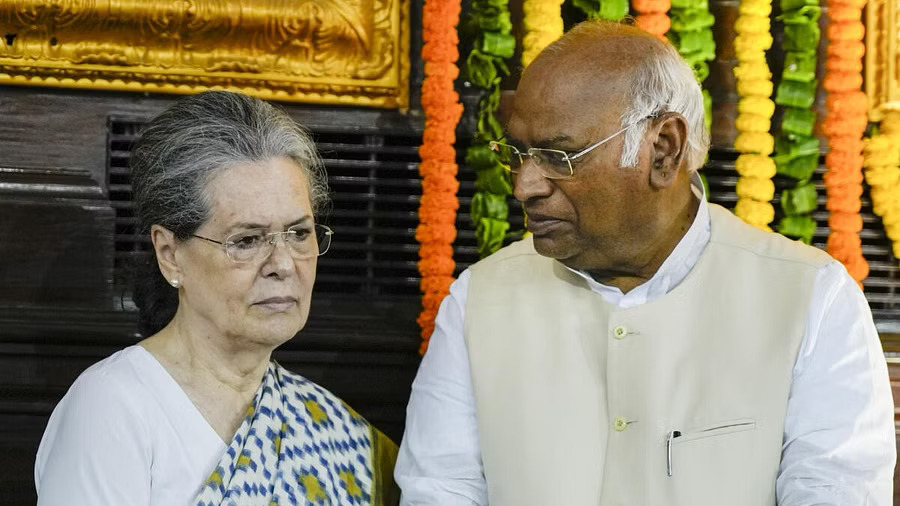The announcement of the formation of a new Congress Working Committee (CWC) has stirred up controversy within the Indian National Congress (INC), with allegations of a strategic move to exert control over the party’s chief ministers (CMs). This development comes as the INC seeks to revamp its leadership structure and reposition itself in the country’s political landscape.
The newly appointed CWC, which was introduced by the central leadership of the INC, includes prominent party members from various states and represents a mix of experience and new faces. While the move was initially framed as a step toward enhancing the party’s decision-making process and fostering better coordination, it has quickly become embroiled in internal disagreements.
Several party insiders and observers have raised concerns that the formation of the new CWC is actually a calculated strategy to exert greater influence over the party’s CMs. Critics argue that by including a significant number of central leadership loyalists in the committee, the party’s high command could potentially tighten its grip on the functioning of state governments led by the INC.
A source within the party, speaking on the condition of anonymity, claimed, “This move seems to be a veiled attempt to keep the party’s chief ministers in check. By having a larger say in the decision-making process at the central level, the high command could indirectly influence state-level policies and actions.”
However, supporters of the new CWC maintain that the changes are necessary to foster unity within the party and streamline its decision-making processes. They emphasize the importance of having a balanced representation of experienced leaders and fresh perspectives to navigate the evolving political landscape effectively.
In response to the allegations, a spokesperson from the INC reiterated the party’s commitment to a transparent and democratic decision-making process. “The formation of the new CWC is aimed at creating a diverse platform for constructive dialogue and collaboration. Our focus remains on strengthening the party and working collectively towards the betterment of the people we represent,” the spokesperson stated.
The controversy surrounding the formation of the new CWC highlights the ongoing challenges faced by the INC as it seeks to redefine its identity and regain its political footing. As the party grapples with internal dynamics and external pressures, its ability to strike a balance between central authority and regional autonomy will likely play a crucial role in shaping its future trajectory.
As developments unfold, the INC’s interactions and decisions will be closely monitored by both political observers and the public, as they offer insights into the party’s evolving strategies and its approach to governance and leadership.










